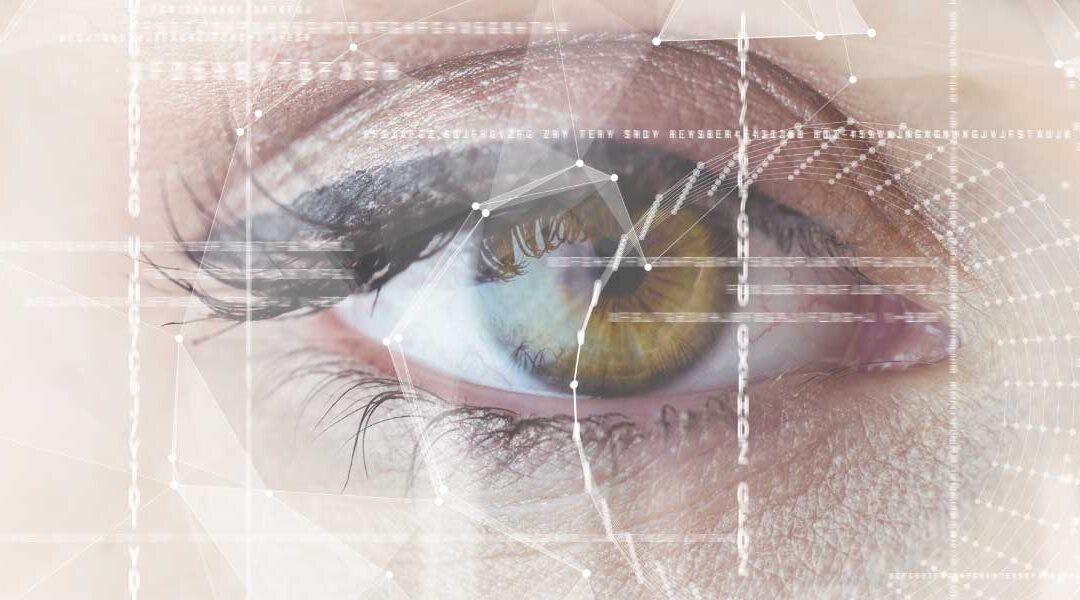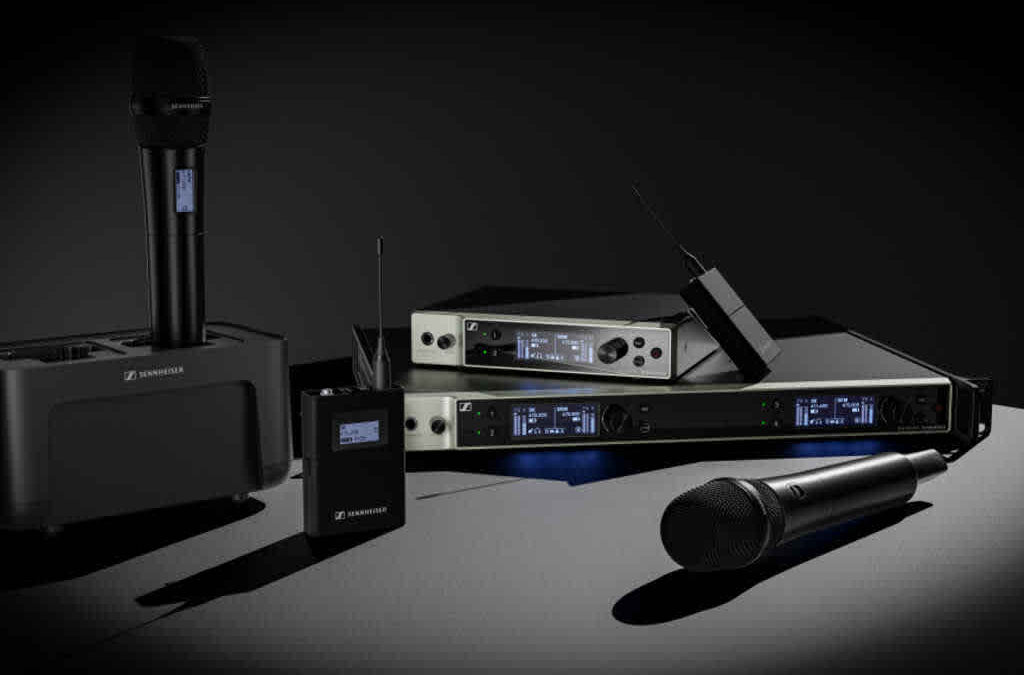Artificial Intelligence (AI) is rapidly reshaping the events industry, providing innovative solutions that streamline processes, enhance attendee experiences, and drive efficiency. However, while AI offers exciting opportunities, it should be seen as a tool to complement rather than replace physical event production. Live events thrive on human creativity, interaction, and the tangible impact of in-person experiences. The key is integrating AI in a way that enhances rather than overshadows these essential elements.
One major benefit of AI is its ability to handle repetitive tasks efficiently. Event production involves numerous logistical processes, from scheduling crew shifts to managing equipment. AI-driven tools can automate these functions, reducing human error and freeing up professionals to focus on creative and strategic elements. Smart scheduling systems allocate crew members based on project needs, ensuring smoother operations, while predictive analytics help maintain stock levels of essential equipment, preventing shortages or overstocking.
AI can also enhance the attendee experience by providing personalised interactions and real-time enhancements. Speech recognition technology enables live translation and captioning, making events more inclusive. Smart screens and chatbots offer attendees tailored recommendations, schedules, and FAQs, which reduces reliance on in-person staff. Furthermore, audience engagement analytics, such as facial recognition and sentiment analysis, allow for dynamic adjustments to content and presentation styles, ensuring that the audience remains engaged throughout an event.
By collecting and analysing vast amounts of data, AI enables event producers to make informed decisions. Predictive analytics can forecast attendance numbers, helping the organisers and production teams adjust space, staffing, and production needs accordingly. After an event, AI-driven analysis of audience feedback and engagement data allows for more precise planning and improvements in future productions.
- AI streamlines logistics by automating scheduling, equipment management, and resource allocation, reducing errors and allowing teams to focus on creativity and strategy.
- AI enhances attendee experience through personalised interactions, live translation, chatbots, and real-time audience analytics, ensuring greater engagement and inclusivity.
- AI-driven data analysis helps event producers forecast attendance, optimise resources, and refine future productions based on audience feedback and engagement.
For AI to be most effective, it should be adopted strategically rather than indiscriminately. The first step is to identify key areas for AI integration. Not all aspects of event production need AI intervention, so it’s crucial to assess which tasks would benefit most from automation or enhanced decision-making tools. Prioritising areas where AI can drive efficiency without compromising creativity ensures a balanced approach.
Choosing the right tools is also essential. AI-powered scheduling tools optimise staff deployment, predictive maintenance software prevents technical failures during events, and automated lighting and sound adjustments enhance live performances. The selection of AI solutions should align with the event’s specific needs and integrate seamlessly with existing processes.
And despite its advantages, AI should not replace human expertise in event production. While AI can manage logistics, human creativity and adaptability remain essential in creating and producing unique and engaging experiences. Maintaining this balance ensures that events retain their authenticity and impact.
Additionally, AI implementation must be ethical and comply with data protection regulations such as GDPR. Transparency in AI decision-making, particularly in audience data analysis, is critical.
- Adopt AI strategically by identifying key areas where automation or data-driven insights can enhance efficiency without compromising creativity.
- Selecting the right AI tools ensures seamless integration, optimising staff deployment, preventing technical issues, and enhancing live performances.
- AI should complement, not replace, human expertise, ensuring creativity and adaptability remain at the heart of unique and engaging event experiences.
- Ethical AI use also requires compliance with data protection regulations like GDPR and transparency in decision-making.
As AI technology evolves, its role in event production is expected to grow. Future developments may include AI-assisted stage design, where machine learning suggests layouts based on past audience engagement, and enhanced virtual and hybrid experiences, with AI-generated 3D environments for remote attendees. AI could also enable real-time production adjustments, such as automated lighting and sound tuning based on audience engagement metrics, making events more responsive and immersive.
At On Event Production Co., we recognise the immense potential AI holds for event production. By integrating AI-powered tools where they add the most value, we continue to innovate while maintaining the human-driven creativity and technical expertise that define outstanding live events. AI isn’t here to replace event production – it’s here to enhance it, allowing us to push boundaries, create immersive experiences, and deliver seamless, high-quality events.



